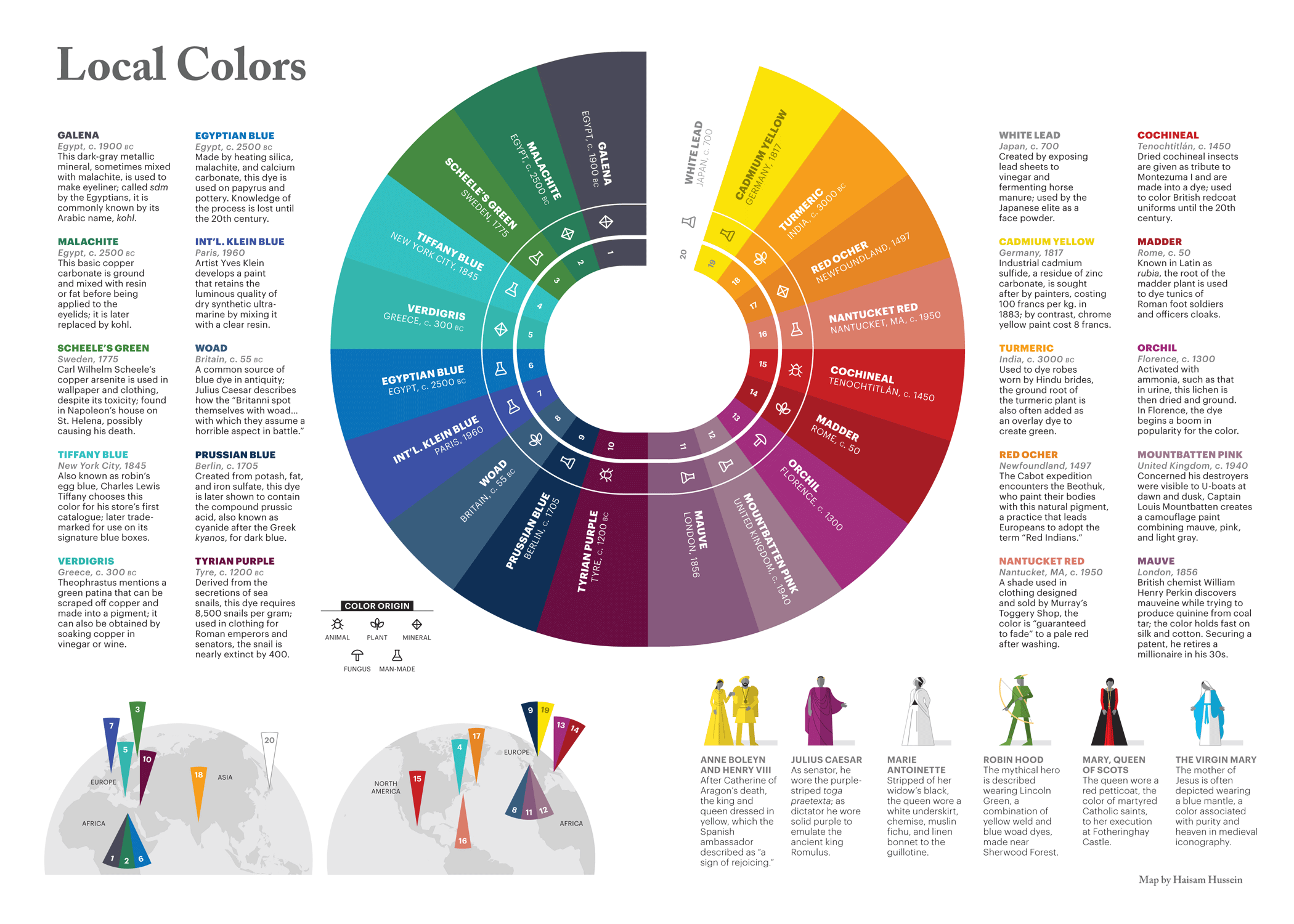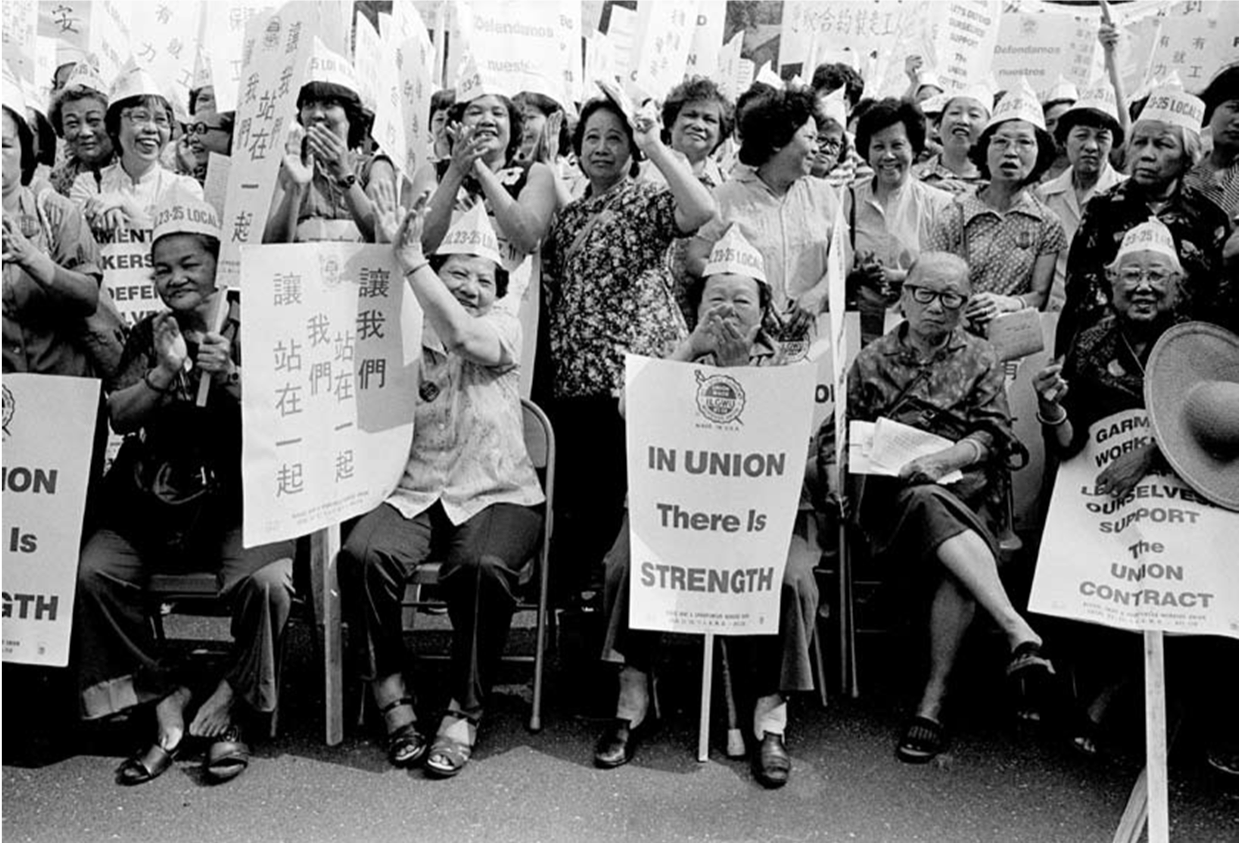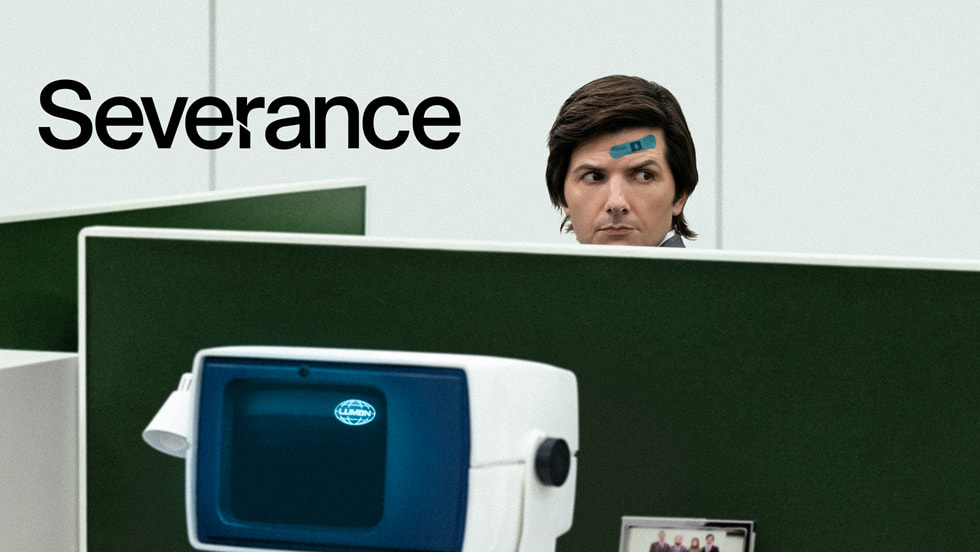The Introduction to Humanities course serves as an essential gateway for first-year students, igniting their interest in the rich tapestry of arts and culture. Under the visionary guidance of Dean Sean Kelly at Harvard, these engaging introductory humanities courses aim to redefine students’ experiences and perspectives. With a curriculum designed to reflect modern societal questions and artistic expressions, this initiative addresses the challenges of dwindling enrollment in the humanities. By rethinking the traditional humanities curriculum, Kelly and a team of dedicated professors strive to captivate and inspire students from diverse backgrounds to delve deeper into various disciplines. As a result, these transformative courses promise not only to enhance students’ understanding of the human experience but also to instill a lifelong appreciation for the arts and humanities education.
Delving into the foundational aspects of cultural studies, the realm often referred to as the humanities involves a critical examination of human expression through literature, philosophy, arts, and history. Encompassing introductory classes that appeal to the interests of first-year students, this academic landscape encourages exploration beyond traditional confines. By fostering a deeper connection to societal narratives, these engaging curricular offerings create opportunities for students to reflect on the nature of existence and their place within it. As educators adapt their methods to meet the needs of a new generation, the importance of revitalizing arts and humanities education has never been more pertinent. This evolution not only enriches the educational journey but also prepares students for meaningful engagement in an increasingly complex world.
Engaging First-Year Students in the Humanities
Engaging first-year students in the humanities is crucial to combating the declining enrollment seen in arts and humanities disciplines. Dean Sean Kelly’s initiative to introduce nine new introductory courses reflects a strategic effort to rekindle students’ interest in a field integral to understanding the human experience. With many first-year students arriving on campus uncertain about their academic paths, offering a robust introduction to subjects like literature, philosophy, and cultural studies is essential. By emphasizing the relevance and importance of humanities education, these courses aim to captivate students from the outset, fostering a sense of belonging and purpose in the larger academic community.
Moreover, engaging first-year students requires designing courses that are not only informative but also transformative. The proposed courses introduce students to the foundational questions of humanity, encouraging them to explore complex ideas and diverse perspectives. By connecting course content to students’ personal experiences and contemporary issues, faculty can create a dynamic learning environment that values critical thinking and creative expression. This collaborative approach can help break down the barriers that often deter students from pursuing a concentration in the humanities and can ultimately lead to a revival of interest in these vital fields.
Introduction to Humanities: A New Approach
The introduction to humanities courses being introduced by Dean Sean Kelly mark a pivotal shift in how these subjects are taught, aiming to engage a larger number of first-year students. These courses will not only cover traditional foundations of humanities but also incorporate contemporary issues that resonate with today’s learners. By moving away from the restrictive notions established in the past, such as the ‘Canon Wars,’ these courses offer a broader perspective that is meant to be more inclusive and relevant to students’ lives. This new approach recognizes the changing landscape of education and strives to pique students’ interest right from the beginning of their college experience.
Courses like “Introduction to the Medical and Health Humanities” and “Migration and Border Crossing in Film and Photography” demonstrate this innovative curriculum’s focus on current and essential human experiences. By framing the humanities in a context that students can relate to, a compelling case can be made for the value of these disciplines. Rather than solely relying on historic texts and traditional analysis, this refreshed curriculum encourages students to engage with the humanities through a modern lens, helping them develop a richer understanding of the world around them.
The Value of Arts and Humanities Education
Arts and humanities education extends far beyond mere academic pursuit; it cultivates critical thinking, creativity, empathy, and self-awareness. As evidenced by Sean Kelly’s initiative, instilling these values in first-year students lays the groundwork for their future success, both academically and personally. Exploring literature, philosophy, and the arts not only enhances cognitive skills but also encourages deep reflection on human existence and our collective narrative. Such education prepares students for diverse career paths while enriching their cultural and ethical perspectives.
As the pressures of a highly specialized job market grow, the arts and humanities often face skepticism about their practicality. However, the intrinsic worth of these disciplines should not be overlooked. Engaging students in discussions about great literature or art empowers them to form their own opinions, enabling personal growth and social responsibility. By highlighting the enduring relevance of the humanities, institutions like Harvard aim to demonstrate that the skills acquired through this education are vital for effective communication and problem-solving in any field.
Rethinking the Humanities Curriculum
Rethinking the humanities curriculum is an essential move for colleges seeking to revitalize interest in arts and humanities courses. The current landscape presents a challenge, particularly with declining enrollment numbers, highlighting the need to innovate how these topics are presented. By incorporating a diverse array of subjects and teaching methods, institutions can draw students in and retain their interest throughout their college experience. Dean Sean Kelly’s initiative reflects a commitment to developing a curriculum that truly resonates with today’s students, making the humanities both accessible and compelling.
Integrating contemporary themes and discussions into the humanities curriculum not only addresses the interest gap but also enriches the learning experience. The exploration of relevant issues, such as migration, technology, and health, offers students the opportunity to engage critically with their environment and understand different narratives within society. By framing ancient texts through the lens of modern challenges, courses can illuminate the ongoing relevance of the humanities and motivate students to connect their academic pursuits with their personal identities.
Addressing Enrollment Challenges in Humanities
Addressing enrollment challenges in humanities programs requires a multifaceted approach aimed at understanding the root causes of declining interest. Many high schools do not emphasize the importance of arts and humanities education, leading students to undervalue these disciplines by the time they reach college. The disconnect between high school curricula and college expectations necessitates a reimagining of how humanities are taught and perceived. Initiatives like that of Dean Sean Kelly aim to bridge this gap, creating programs that are not only educational but also engaging.
In light of these challenges, adapting the introductory humanities courses to meet students where they are is crucial. Incorporating interactive learning methods, such as discussions, projects, and multimedia elements can transform student engagement. By shifting the perspective on the value of humanities—from purely academic to life-enriching—educators can inspire students to see these subjects as essential to understanding themselves and the world around them. Increasing involvement and enthusiasm in the humanities is about demonstrating that these fields are not just about memorizing texts but about exploring ideas that shape our identities and communities.
The Influence of Canon Wars on Course Design
The so-called ‘Canon Wars’ of the 1980s and 1990s significantly impacted how humanities courses are structured, often leading to a contentious debate about which texts should be prioritized in the curriculum. As Dean Sean Kelly noted, while these debates expanded previous understandings of what constitutes a ‘great’ work, they also complicated the ability to define a clear path for students new to these disciplines. The ongoing discussions about canonicity suggest a need for curriculums that balance traditional texts with contemporary voices, promoting a more inclusive representation of literary and cultural experiences.
Revisiting course content in light of these historical tensions allows educators to create introductory courses that avoid alienating students while still preserving academic rigor. By emphasizing diverse perspectives and incorporating understudied works, faculty can engage students in richer, more relevant discussions. This approach not only respects the legacy of the canonical texts but also acknowledges the dynamism of literature and art, allowing students to connect more deeply with their studies and develop personal interpretations of what constitutes significance in the humanities.
Transformative Learning Experience in Humanities
The emphasis on transformative learning experiences in humanities courses signifies a strategic move to enhance student engagement and retention. Through carefully designed curricula that incorporate discussions, critical analysis, and creative projects, students are encouraged not only to learn but also to grow. Dean Sean Kelly envisions these introductory courses as platforms to inspire students to recognize the intrinsic value of the humanities, which will hopefully lead to life-altering revelations about their interests and aspirations.
By offering courses that connect students with essential human questions and cultural contexts, institutions can facilitate a journey of self-discovery and intellectual growth. This deeper engagement with the subject matter—whether through critical examination of texts or exploration of artistic expression—nurtures a transformative educational environment where students feel empowered to explore both their academic passions and personal identities. Establishing this kind of learning atmosphere is essential for reigniting interest in the humanities and cultivating the next generation of thinkers and creators.
Cultivating a Welcoming Humanities Culture
Cultivating a welcoming culture within the humanities is paramount to attracting and retaining students in these fields. By reshaping introductory courses to be more inclusive and engaging, faculty can create an environment where students feel valued and understood. Dean Sean Kelly’s initiative reflects an investment in fostering this culture, emphasizing that the humanities are not just academic disciplines but pivotal communities for shared exploration and dialogue. This welcoming atmosphere encourages new students to contribute their voices and perspectives, enriching the overall learning experience.
Creating a supportive and dynamic humanities culture involves actively addressing barriers to participation, which may include apprehension or misunderstanding about the subject matter. Faculty can invite first-year students to share their thoughts, ideas, and experiences, fostering a sense of belonging from the outset. As students begin to envision themselves within this culture of inquiry and creativity, they are more likely to persist in their studies and embrace the humanities as an integral part of their academic journey.
Frequently Asked Questions
What are the benefits of taking introductory humanities courses at Harvard?
Introductory humanities courses at Harvard provide first-year students with foundational knowledge in arts and humanities, helping them explore critical questions about humanity and culture. These courses emphasize the intrinsic value of the humanities, fostering a deeper understanding of literature, philosophy, and the arts, which can transform a student’s perspective and academic trajectory.
How is the humanities curriculum at Harvard engaging first-year students?
The humanities curriculum at Harvard has been redesigned to engage first-year students more effectively. With unique introductory courses that address contemporary issues in arts and humanities education, such as ‘Migration and Border Crossing in Film and Photography’ and ‘Introduction to the Medical and Health Humanities’, the curriculum seeks to spark curiosity and retain student interest in these vital fields.
What courses are offered as part of the introductory humanities initiative?
The introductory humanities initiative at Harvard offers a diverse array of courses, including ‘Culture in Context’, ‘Language’, and ‘Humanity, Technology, and Creation’. These courses are designed to provide students with a comprehensive introduction to key concepts and debates in the arts and humanities, making them accessible and engaging for all students.
Why are introductory arts and humanities courses essential for first-year students?
Introductory arts and humanities courses are essential for first-year students as they serve as a gateway to understanding complex human experiences and cultural expressions. These courses help students develop critical thinking skills and an appreciation for diverse perspectives, equipping them with tools that are invaluable in any field of study.
How does Sean Kelly’s initiative aim to address declining enrollment in the humanities?
Sean Kelly’s initiative aims to combat declining enrollment in the humanities by rethinking the introductory courses offered at Harvard. By focusing on courses that resonate with students’ interests and contemporary issues, Kelly hopes to engage more first-year students in the arts and humanities, ensuring that they recognize the relevance and significance of these subjects in their personal and professional lives.
What role do the arts and humanities play in shaping students’ identities?
The arts and humanities play a crucial role in shaping students’ identities by enabling them to explore storytelling, culture, and moral questions. Through critical engagement with literature, art, and philosophy, students learn to navigate their own narratives and develop a richer understanding of the human experience, which is fundamental to their personal and academic growth.
How do introductory humanities courses prepare students for future academic pursuits?
Introductory humanities courses prepare students for future academic pursuits by introducing them to essential concepts, methodologies, and the fundamental questions that define the humanities. This groundwork allows students to articulate their interests and focus their studies on areas that resonate with them—enhancing their academic journey throughout their time at Harvard.
What impact does studying the humanities have on students’ career paths?
Studying the humanities can have a profound impact on students’ career paths by cultivating critical thinking, communication, and analytical skills. These competencies are highly valued across various industries, allowing students to pursue diverse career paths while applying the insights gained from their humanities education.
What can students expect from the course ‘Reading for Fiction Writers’?
Students enrolled in ‘Reading for Fiction Writers’ can expect to engage critically with various texts, examining how literature influences writing. This course combines close reading and analysis with creative writing techniques, encouraging students to become not only better writers but also more insightful readers.
In what ways do introductory courses highlight the intrinsic value of studying humanities?
Introductory courses highlight the intrinsic value of studying the humanities by focusing on the exploration of human experience, creativity, and cultural heritage. Courses are designed to showcase how the humanities enrich our understanding of ourselves and the world, emphasizing not just practical applications but the importance of fostering empathy, critical thought, and a lifelong passion for learning.
| Key Aspects | Details |
|---|---|
| Introduction of Nine New Courses | New introductory courses aimed at first-year students are being launched in the Arts and Humanities division. |
| Addressing Enrollment Decline | The initiative aims to attract more students to the humanities as current enrollment trends show a significant drop. |
| Engagement Focus | Courses are designed to engage students and emphasize the intrinsic value of humanities education. |
| Inspiration from Successful Programs | The philosophy department’s increased enrollment served as a model for designing these new courses. |
| Diverse Course Offerings | Courses range from health humanities to literature and creative writing, catering to various interests. |
Summary
The subject of Introduction to Humanities is of utmost importance, as it seeks to bridge the gap between new students and the rich world of arts and humanities. This new initiative at Harvard demonstrates a commitment to reinventing how these critical subjects are taught by introducing nine innovative courses that promise to enhance student engagement and appreciation for the humanities. Furthermore, this initiative addresses the alarming trends in declining enrollment by fostering a culture that not only highlights practical applications but also underscores the intrinsic value of humanities in understanding the human experience. Overall, this approach seeks to inspire not just academic success, but a lifelong passion for the profound questions and ideas that define our existence.




